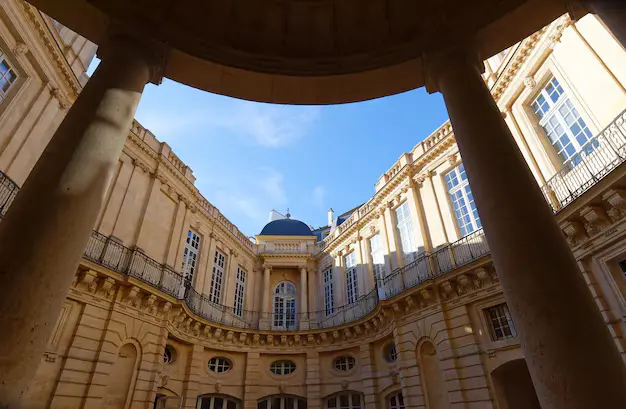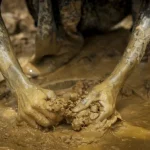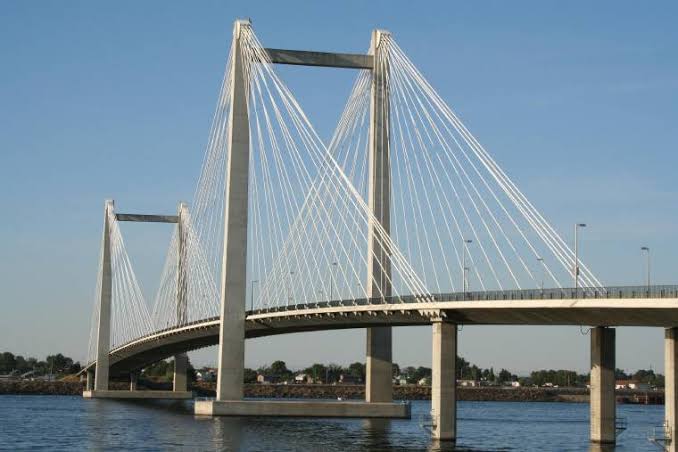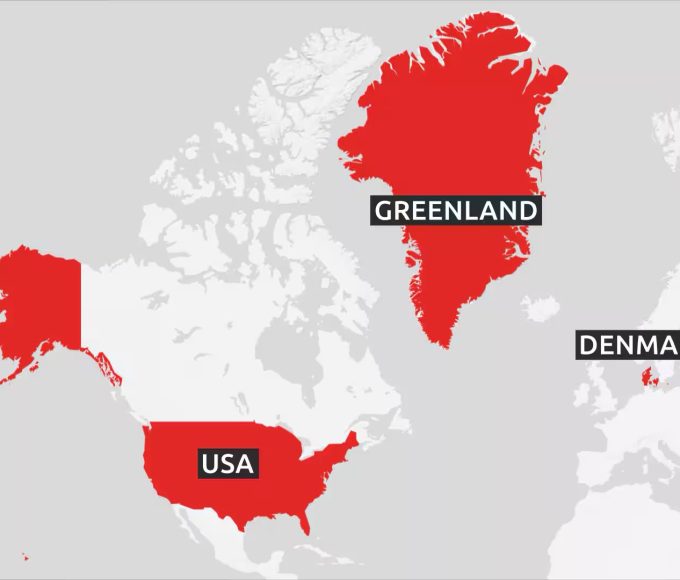
Survivors of Rwanda’s 1994 Genocide Accuses France of Being ‘Complicit’

Survivors of the 1994 Rwandan genocide have accused France was “complicit” in the atrocities that killed approximately 800,000 Tutsis and moderate Hutus.
The unprecedented case in the Paris Administrative Court, launched on Thursday, the survivors are calling for $540 million in reparations and an official acknowledgment of France’s alleged role in the events.
Represented by survivor associations, the plaintiffs accuse France of supporting the extremist Hutu regime responsible for orchestrating the genocide through military aid, a defense pact, and arms deliveries, as well as the reported abandonment of Rwandan civilians.
According to François Graner, research director at the National Centre for Scientific Research (CNRS) at Paris Diderot University, who has been one of the pivotal persons in revealing evidence from newly declassified French archives, claiming the documents confirm that France’s influence on the Hutu government went beyond inaction.
Graner, who also works with the NGO Survie, which opposes French neocolonialist policies, told Anadolu Agency that France maintained strategic interests in Rwanda, ultimately backing the Hutu-led government before, during, and after the genocide.
“All of the archives confirm France’s support for the Hutus. French officials were informed that there were preparations for genocide,” he said.
The genocide began following the April 6, 1994, assassination of President Juvénal Habyarimana, which triggered a coordinated massacre by Hutu extremists. Over the following 100 days, militia groups carried out systematic attacks on Tutsis, using firearms and machetes.
More than a million people were killed in the chaos which only ended when rebels of the Tutsi-dominated Rwanda Patriotic Front – led by now President Paul Kagame – drove the Hutu army and millions of civilian Hutus into exile.
Despite France’s long-denied allegations of complicity, French President Emmanuel Macron has previously acknowledged that France and its allies could have intervened more forcefully to prevent the genocide but ultimately lacked the political will.
The Paris court’s final ruling, expected on November 14, is likely to have profound implications, as it addresses France’s colonial legacy in Africa and the ethical responsibilities tied to its military interventions.
Read Also: Ghana: The Impact of Galamsey on Children and the Environment
Nigerian House of Reps Urges MDAs to Establish Climate Change Desk
Mali Authorities Confirm Neutralising Two Terrorists in Timbuktu
About The Author
Related Articles
Ghana Moves to Reclaim Kwame Nkrumah’s Former Residence in Guinea
Ghana has embarked on a diplomatic and cultural initiative to reclaim the...
ByWest Africa WeeklyJanuary 23, 2026Ghana Shares Gold Mining Model With Tanzania
Ghana has taken a leading role in shaping Africa’s future approach to...
ByWest Africa WeeklyJanuary 23, 2026Ghana to Begin Construction of Nation’s Tallest Bridge With Japanese Support
Ghana is preparing to begin construction on what will become the country’s...
ByWest Africa WeeklyJanuary 23, 2026Trump’s Greenland Threat Forces Europe to Taste the Logic of Western Colonial Power
It rarely begins with soldiers. More often, it begins with a sentence,...
ByWest Africa WeeklyJanuary 21, 2026












Leave a comment